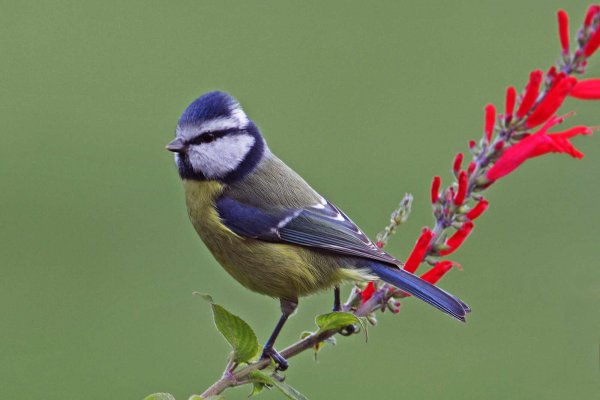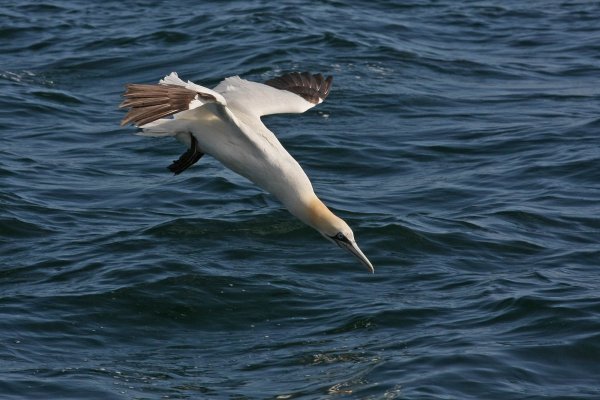BTO publishes peer-reviewed papers in a wide range of scientific journals, both independently and with our partners. If you are unable to access a scientific paper by a BTO author, please contact us.
Search settings
Population estimates on birds in Great Britain and the United Kingdom
Author: Musgrove, A.J., Aebischer, N.J., Eaton, M.A., Hearn, R.D., Newson, S.E., Noble, D.G., Parsons, M., Risely, K. & Stroud, D.A.
Published: 2013
Population estimates of birds have a wide range of practical conservation uses, as well as being of enduring interest to many birdwatchers. Following previous reports by the Avian Population Estimates Panel (APEP), in 1997 and 2006, we present the third collation of population estimates of birds in Great Britain and the United Kingdom.
01.01.13
Papers
The importance of the United Kingdom for wintering gulls: population estimates and conservation requirements
Author: Burton, N.H.K., Banks, A.N., Calladine, J.R & Austin, G.E.
Published: 2013
01.01.13
Papers Bird Study
Fine-tuning the assessment of large-scale temporal trends in biodiversity using the example of British breeding birds
Author: Studeny, A.C., Buckland, S.T., Harrison, P.J., Illian, J.B., Magurran, A.E. & Newson, S.E.
Published: 2013
01.01.13
Papers
Fat provisioning in winter impairs egg production during the following spring: a landscape-scale study of blue tits
Author: Plummer, K.E., Bearhop, S., Leech, D.I., Chamberlain, D.E. & Blount, J.D.
Published: 2013
Although many of us provide food for garden birds, especially in winter, we are still only in the early stages of understanding exactly how this affects wild bird populations. One possibility is that winter food enhances birds’ ability to invest in future reproduction. However, it is likely that the type of nutrients a bird receives from supplementary food will be an important factor in determining whether this is the case. A new study by scientists at the University of Exeter, in collaboration with the BTO and the University of Turin, has shown exactly that.
01.01.13
Papers

Individual consistency in the foraging behaviour of Northern Gannets: Implications for interactions with offshore renewable energy developments
Author: Soanes, L.M., Atkinson, P.W., Gauvain, R.D. & Green, J.A.
Published: 2013
With European member states committed to obtaining 20% of their energy from renewables by 2020, the number of offshore wind, wave and tidal developments is increasing, potentially putting pressure on marine life. Seabirds could be affected in many ways, including through loss of foraging habitat, and collision with wind turbines. In a new study by the University of Liverpool, BTO and Alderney Wildlife Trust, GPS tags were deployed to examine how breeding Gannets on Les Etacs, Alderney, used their marine environment in early June 2011.
01.01.13
Papers
